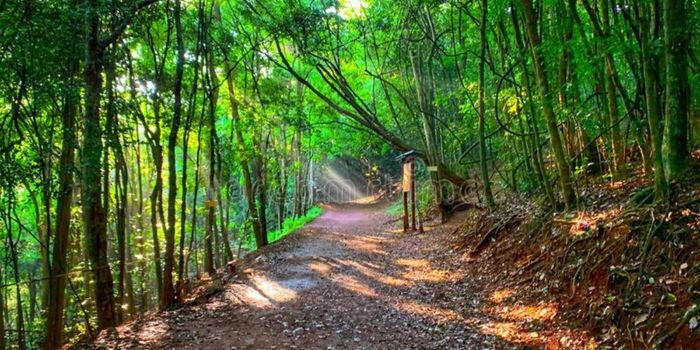The Kenya Forest Service (KFS) has announced the completion of a major infrastructure upgrade at its Karura Forest headquarters, aimed at improving the welfare of its frontline staff. In a statement issued on Monday, August 25, the Service confirmed the construction of 14 modern housing units for rangers and a 3-kilometre tarmacked road network within the compound.
The new houses replace aging timber quarters that had become dilapidated and unsuitable for occupation. KFS explained that the project was part of a long-term commitment to enhancing the working and living conditions of its rangers, who are central to the Service’s conservation and forest protection efforts.
“These projects are part of the Service’s broader commitment to improving infrastructure and boosting the welfare of its staff,” KFS noted, underscoring the crucial role rangers play in safeguarding Kenya’s forest ecosystems.
The road network is expected to significantly enhance security and mobility within the compound. However, KFS disclosed that the final 200 metres leading to the new rangers’ quarters remain under construction and will be completed in September 2025.
Despite the positive reception among staff and conservation partners, the developments have attracted scrutiny from environmentalists concerned about the impact of infrastructure projects within forested areas. Prior to the upgrades, activists had warned that road construction could come at the cost of mature trees and forest cover.
KFS has faced similar criticisms in the past over developments in sensitive areas such as the Mau and Ngong Forests. In May 2025, the Green Belt Movement raised alarm over reports of a luxury hotel allegedly being built in Ngong Road Forest. The Service later clarified that the project was an eco-camp with semi-permanent tents, approved under the Ngong Road Forest Management Plan following a comprehensive Environmental Impact Assessment and public engagement.
By highlighting transparency and adherence to environmental safeguards, KFS has sought to assure the public that its projects balance conservation goals with staff welfare. The Karura upgrade stands as the latest test of this delicate balance.

